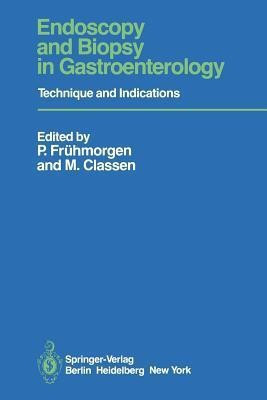Endoscopy and Biopsy in Gastroenterology(English, Paperback, unknown)
Quick Overview
Product Price Comparison
Gastroenterologic endoscopy has made important progress in the past decade. New techniques and ideas have given it new life. The end of this evolution is not yet in sight. FuIly flexible fiberoptic instruments have eliminated all blank areas from the map of the gastrointestinal tract. Retro- grade visualization of the pancreatic and biliary system has been achieved in conjunction with radiologic methods. Operative endoscopy has de- veloped beyond the removal of foreign bodies, to a stage where laparotomy can be avoided in a number of situations. Hemostasis by laser coagulation and crushing of concrements by ultrasound and electric energy have reached the threshold of clinical applicability. With all these spectacular develop- ments, however, it is important to maintain a firm grasp of the fundamentals of endoscopy. This is the basis of day-to-day success and includes knowl- edge of the proper indications, the ability to manage complications, famil- iarity with the technical properties of the instruments, their skillful handling, and experience in organizing an endoscopy section.Endoscopists, particu- larly members of the Erlangen group, have undertaken the task of charting these fundamentals and of compiling them into a working manual for those already practicing endoscopy or intending to do so. They have been sup- ported in this effort by colleagues from other parts of the Federal Republic of Germany and from Italy.


